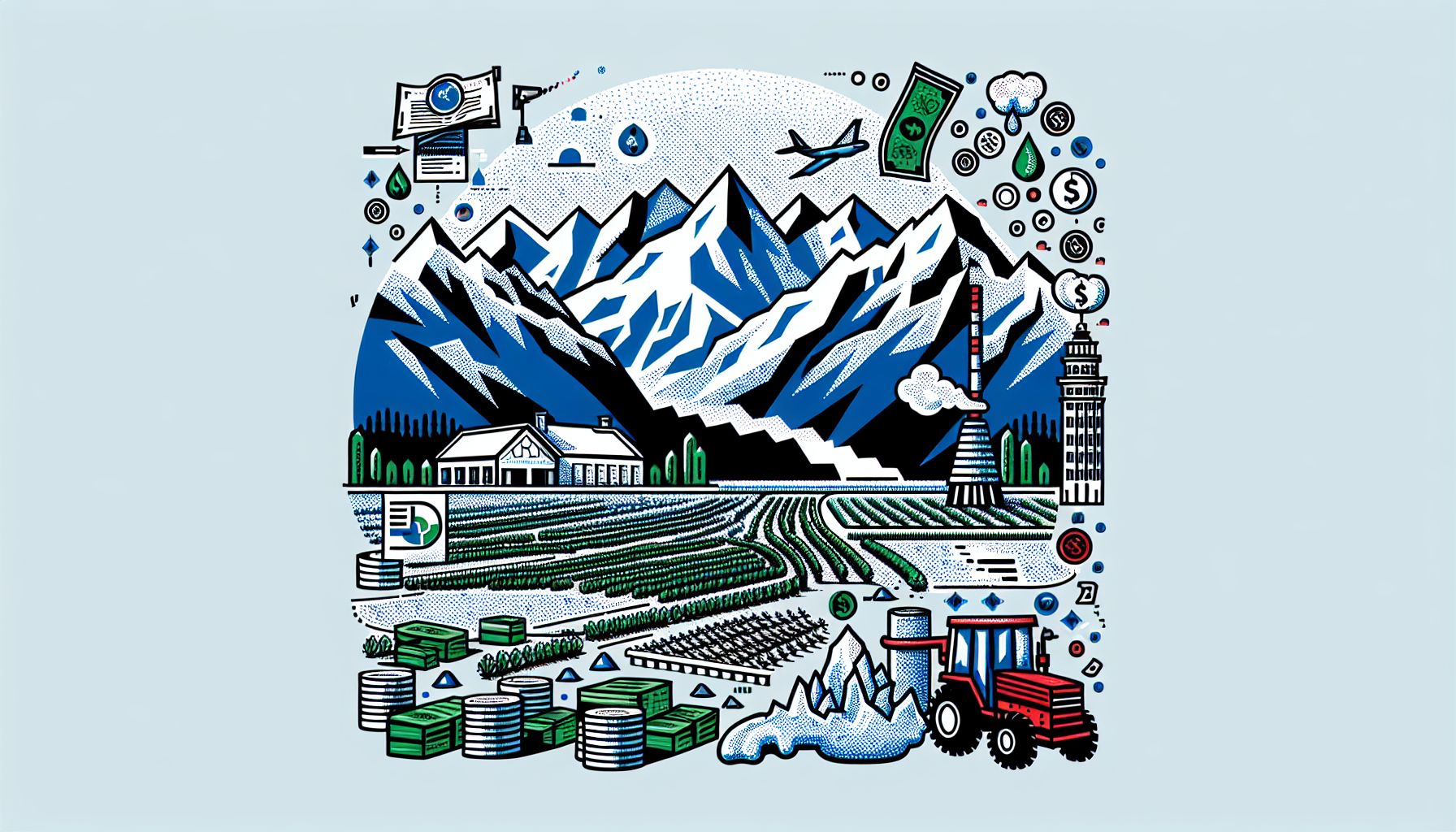ADB Launches $3.5 Billion 'Glaciers to Farms' Initiative to Combat Climate Change

Central Asia, Thursday, 14 November 2024.
The Asian Development Bank unveils a major program to address the impacts of accelerated glacial melt in Central Asia, South Caucasus, and Pakistan. The initiative aims to promote sustainable water use and food security in regions facing severe climate-induced challenges.
Understanding the ‘Glaciers to Farms’ Initiative
The Asian Development Bank (ADB) has announced the ‘Glaciers to Farms’ program, a significant initiative designed to tackle the repercussions of rapidly melting glaciers. This program is crucial as it addresses the urgent need for sustainable water management and increased food security in Central Asia, the South Caucasus, and Pakistan. The melting of glaciers, a direct result of climate change, threatens the livelihoods of over 380 million people in these regions[1].
Climate Change and Glacial Melting
Average temperatures in these regions are projected to rise by as much as 6 degrees Celsius by the end of the century, a change that poses a severe threat to ecosystems and communities reliant on glacial meltwater. The ADB’s initiative, supported by the Green Climate Fund, aims to assess the risks associated with glacial melting in countries like Azerbaijan, Kyrgyz Republic, Tajikistan, and Uzbekistan. These areas are critical as glaciers play a vital role in providing freshwater essential for agriculture, hydropower, and drinking water across borders[1].
Financial and Strategic Support
The ADB is planning to mobilize up to $3.5 billion for this initiative, with funding sourced from various stakeholders. This financial commitment underscores the importance of building resilience against the impacts of climate change. According to ADB President Masatsugu Asakawa, the program is a proactive step in strengthening glacier protection measures, ensuring sustainable water management, and offering social support to vulnerable communities. The initiative is also part of a broader effort to achieve the critical target of limiting global warming to 1.5°C, as discussed at COP29 in Baku[2].
Global and Regional Implications
The ‘Glaciers to Farms’ program aligns with the UN’s declaration of 2025 as the International Year of Glacier Preservation. This initiative not only aims to address immediate environmental concerns but also to foster long-term sustainable development. As glaciers continue to shrink, the resulting reduced water flow can severely impact agriculture upstream while increasing risks of flooding downstream. These changes necessitate robust adaptation strategies to mitigate food and water insecurity risks across Asia[1][2].
A Call to Action
The unveiling of the ‘Glaciers to Farms’ initiative at COP29 represents a significant step in the global fight against climate change. The conference in Baku has been pivotal in highlighting the pressing need for regional cooperation and innovative strategies to combat the challenges posed by climate change. By securing necessary financial support and fostering international collaboration, the ADB’s program exemplifies a comprehensive approach to enhancing climate resilience and promoting sustainable development throughout Central Asia and beyond[2].